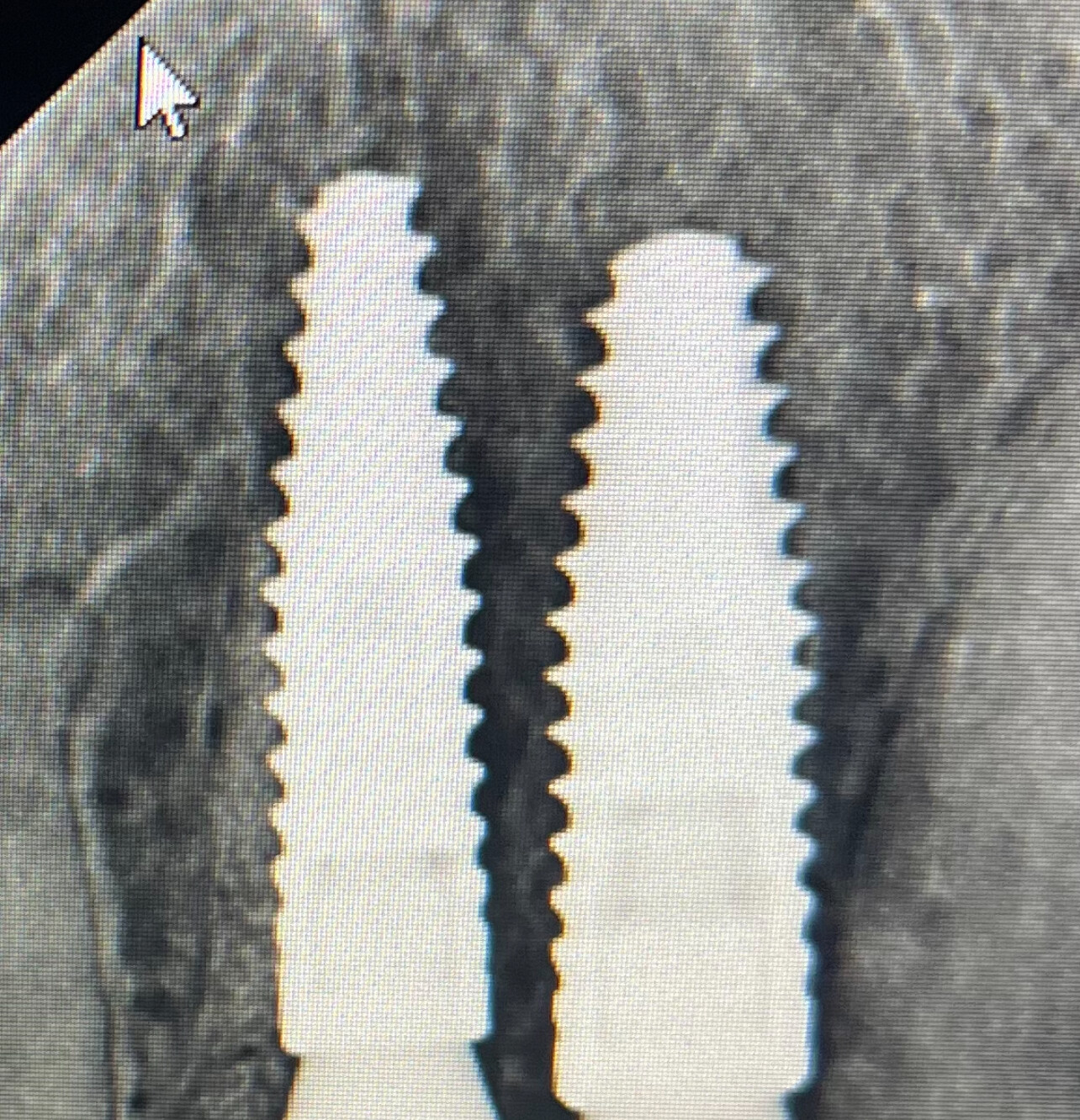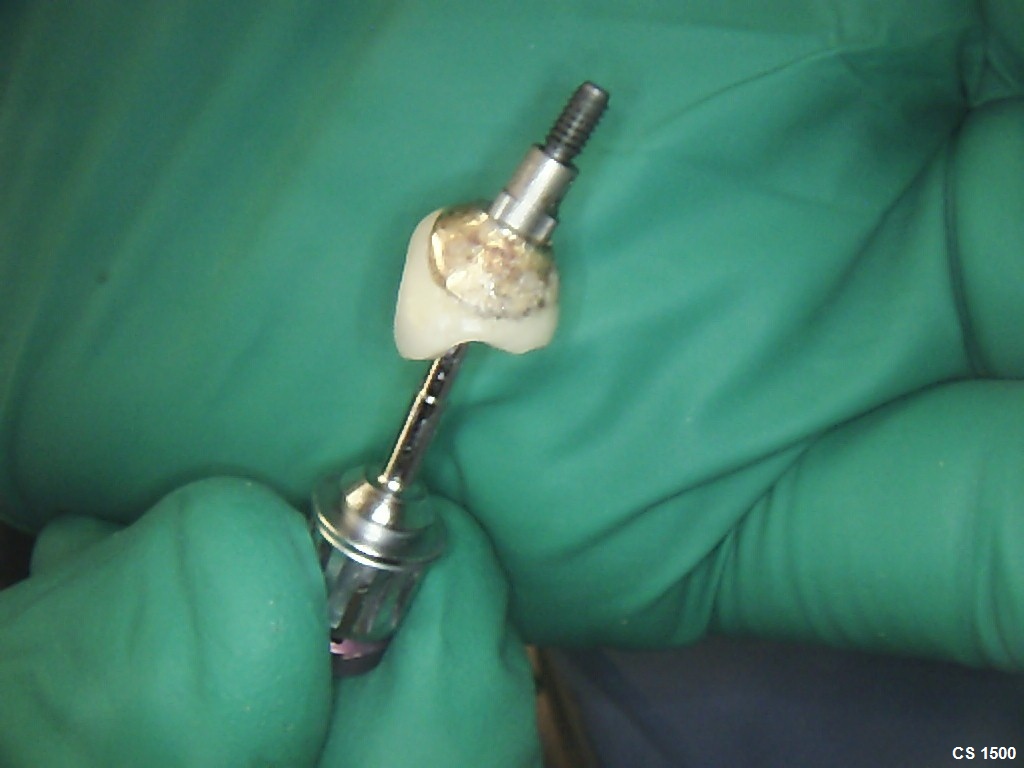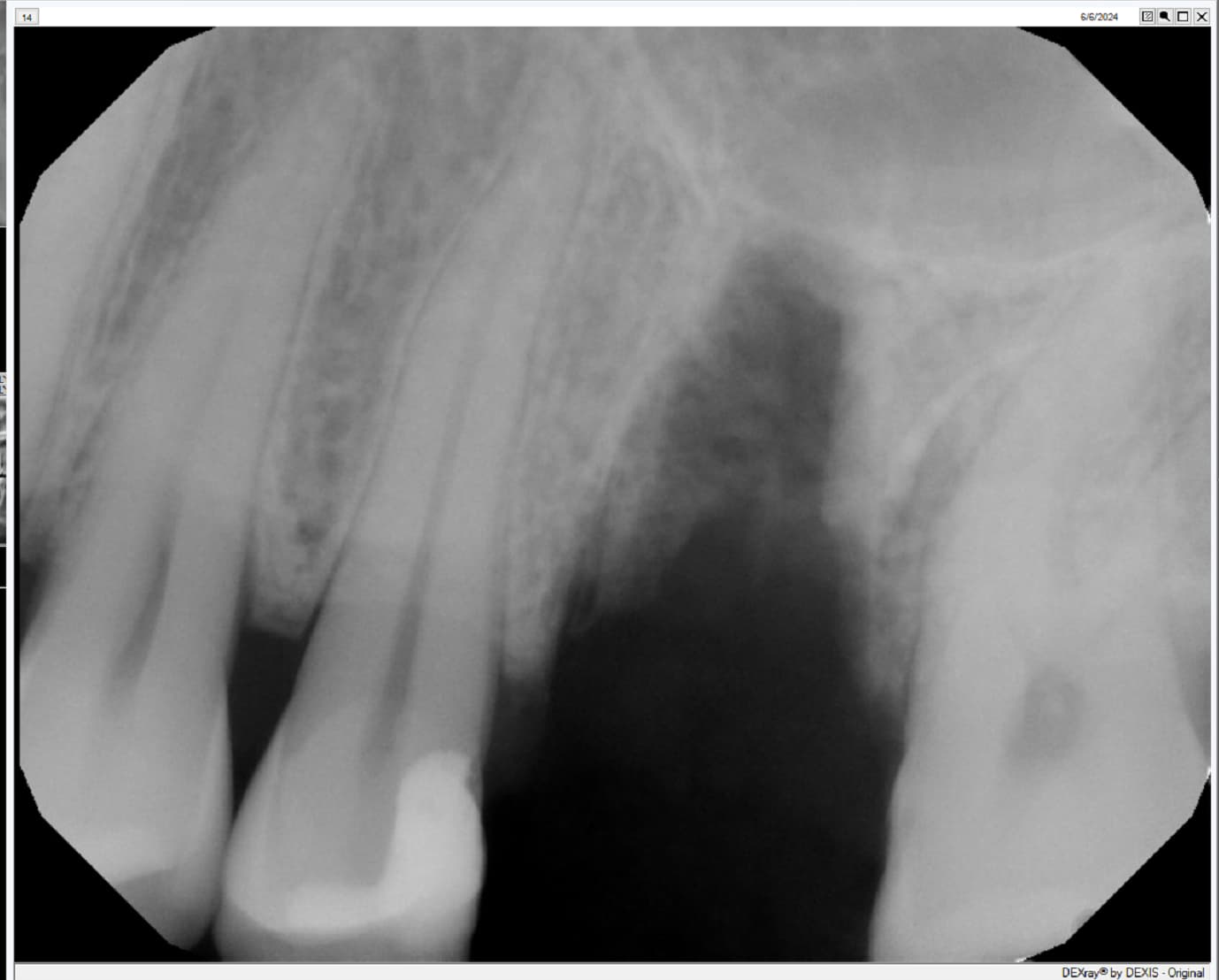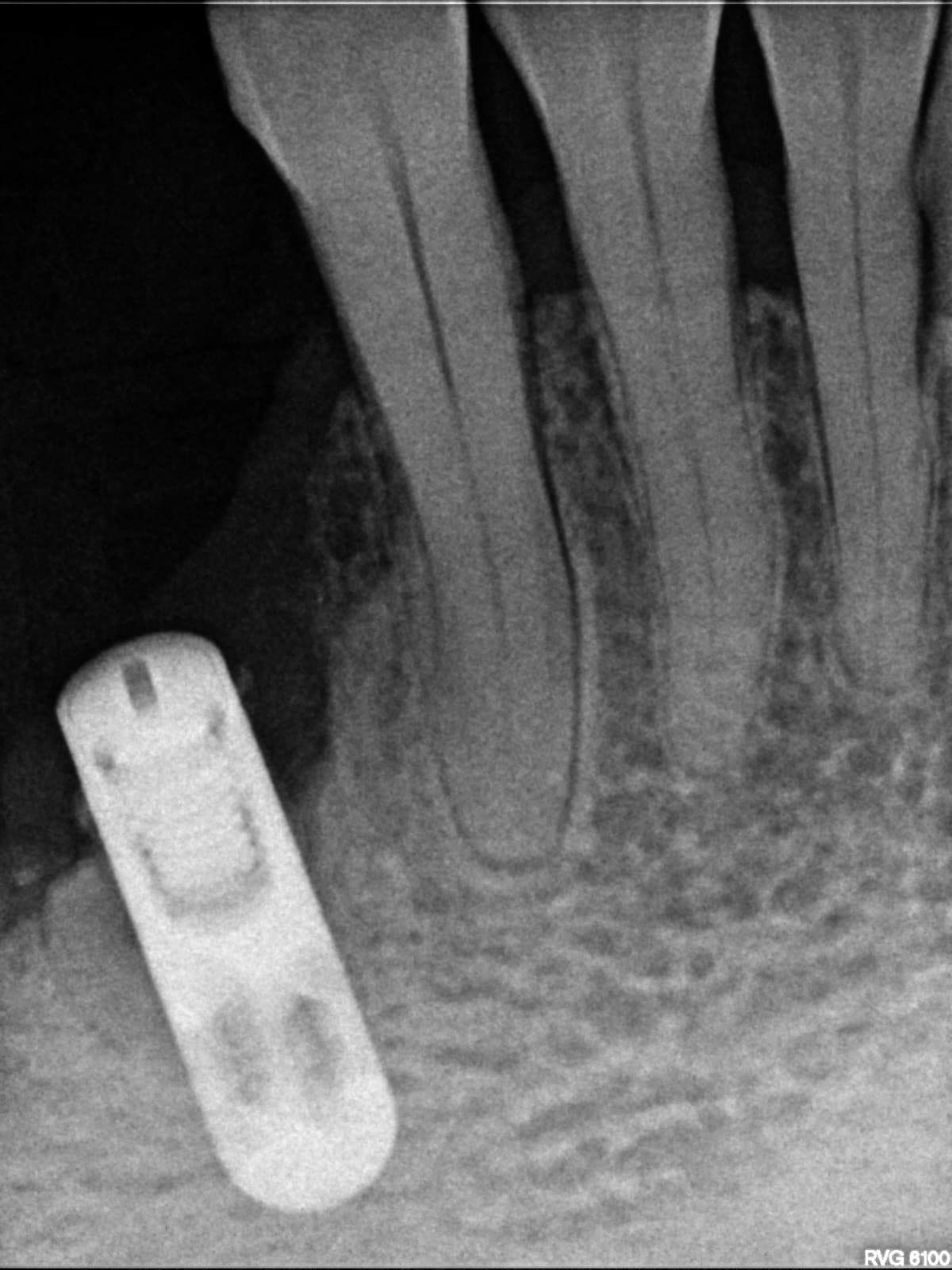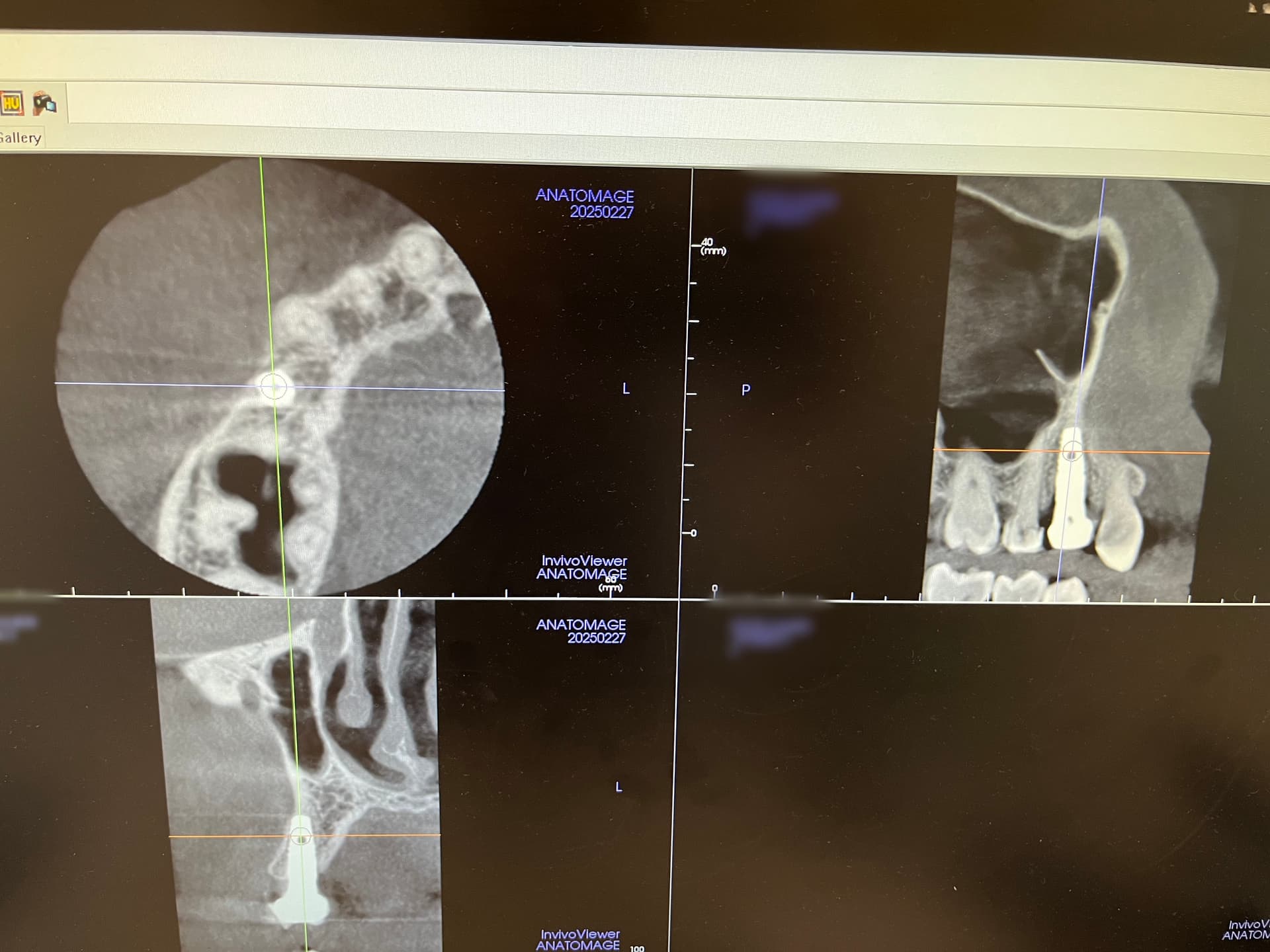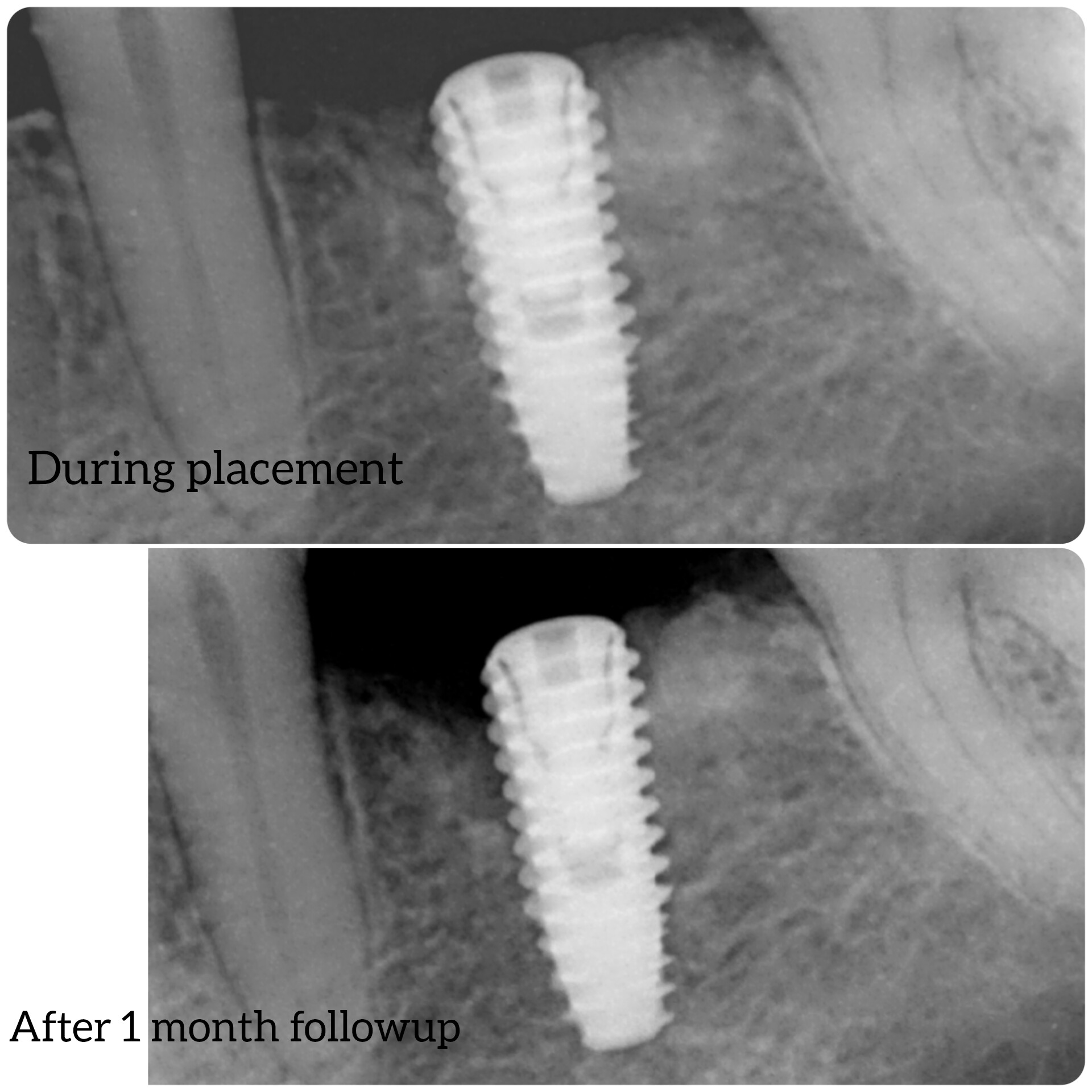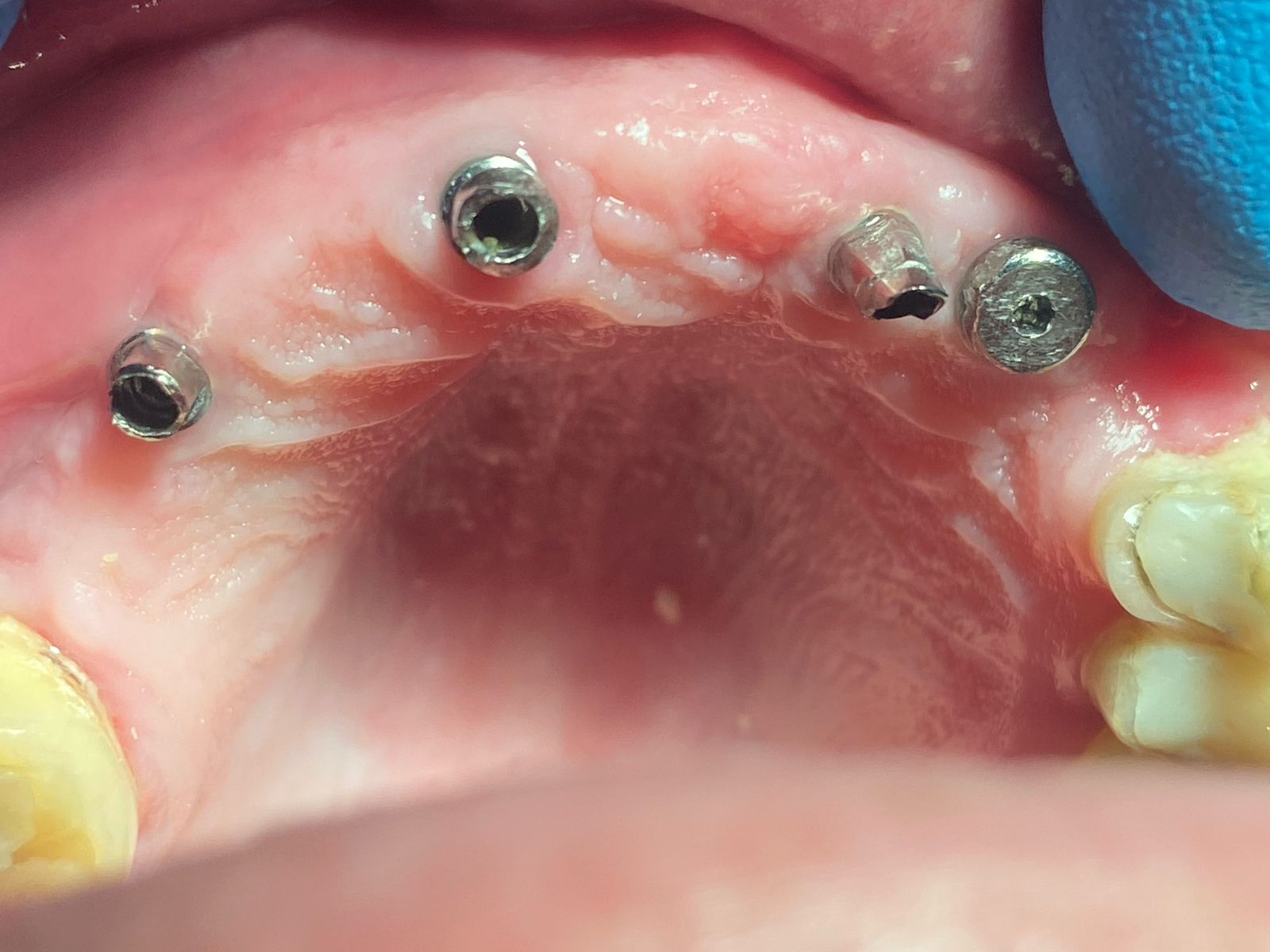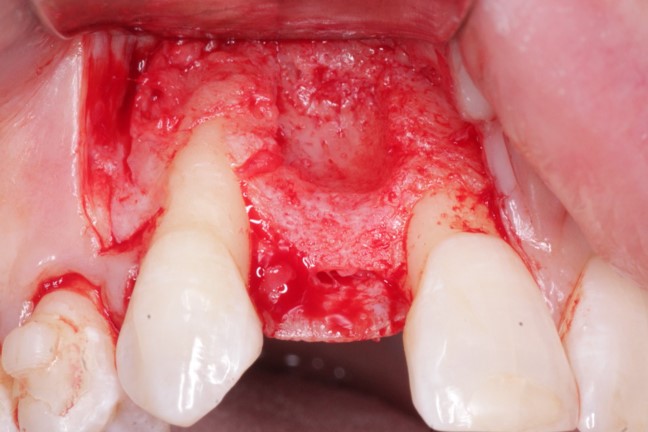Maximum torque beyond what is recommended by manufacturer?
I would like to know what will happen if the abutment screw is tightened beyond the recommended torque limit by the manufacturer. Are there any studies in the peer reviewed literature documenting misadventures or clinical failures if the abutment screw is torqued beyond the recommended torque limit? If you torque the abutment screw beyond the recommended limit, will it have a tendency to fracture? Will it cold weld with the implant threads?
6 Comments on Maximum torque beyond what is recommended by manufacturer?
New comments are currently closed for this post.
Dr. Habeeb
2/20/2013
It depends upon whether u r using wrench or only the Hex driver. The torque exerted will differ to a good extent between them.
If the Torque is exceeded beyond recommended limit then there is a possibility that the implant may rotate in bone itself.. Or it may fracture the bone.. (Depends upon Integration n properties of bone)
Yes Studies says thta Recommended torque is to be used. It depends upon DESIGN CHARACTERISTICS of implant-abutment interface of Implant System used. Load tests done by the manufacturer indicates the Torque limit.
If the bone is strong enough but implant system used has certain physical design limitation then Manufacturer's recommended torque will come into effect and it may Fracture the Abutment screw Chair-side or may be later. Many Studies been done n concluded that Fatigue failure is seen at Unthreaded area or at implant-abutment interface.
CRS
2/22/2013
I think one has to respect the engineering limits of the system. The implant torque wrenches and the implant handpieces have this factor in place. I think over tightening leads to screw breakage which is where many implant systems are designed to break vs the implant collar. I know I have hand tightened an implant and had bone necrosis and failure within two weeks of placement. Our hands deliver a lot of torque! If the abutment fits well and the crown is well design the tongues limits should not be a problem. Has this happened to you hence the posted question?
Richard Hughes, DDS, FAAI
2/23/2013
CRS, you made a good comment about over torquing. Too much torque will overload the bone and result in pressure necrosis. I suggest the readers look up the Frost Mechanostat. Dr Frost, an orthopedic surgeon, even had his paper published in the Angle Orthodontist.
Jay West
2/27/2013
If your assistant holds the abutment with a hemostat while you tighten the abutment screw how can that cause bone necrosis?
Viney Aggarwal
2/28/2013
If you tighten the abutment screw beyond manufacturer recommendations, it can fracture in most implant systems as in Nobel, or the hex in the screw is demaged as in Ankylos The implant may also rotate in the soft bone .. Holding the abutment with a hemostat is not a good idea as it slips most of the time. In no case there can be avascular Necrosis of the bone .
SMSDDSMDT
3/3/2013
I cant see any advantage to over torquing an abutment screw. Staying within the system all the actual parts are matched to unique tolerances. Screw mechanics usually suggest a torque in of 75% the elastic limit of the actual screw ability to accept load. So simply stated if the torque in is 35ncm then thats what I will do except in rare instances. If you are to overtighten the screw there is a higher chance perhaps in future cyclic loading for the screw to break or come loose and even fracture the head of a narrow implant body. As far as the bone is concerned when one turns the screw to sugg. torque will there be load on the bone? I think yes and would be in shear stress but not actually strain or deformation of the interphase. A well intergrated implant body can hold in bone way beyond the suggested torque. However if one really leans into over tightening the screw that frost factor could be an issue if there is a 1-2% strain deformation in the bone. Also when you torque in the screw and it produces its clamping load on the abut/implant interphase are you also inducing some load on the bone in tension? Personally, I do not knowingly over tighten. Only in rare instances under torque. So if 35ncm is called for 32ncm is not good enough.










